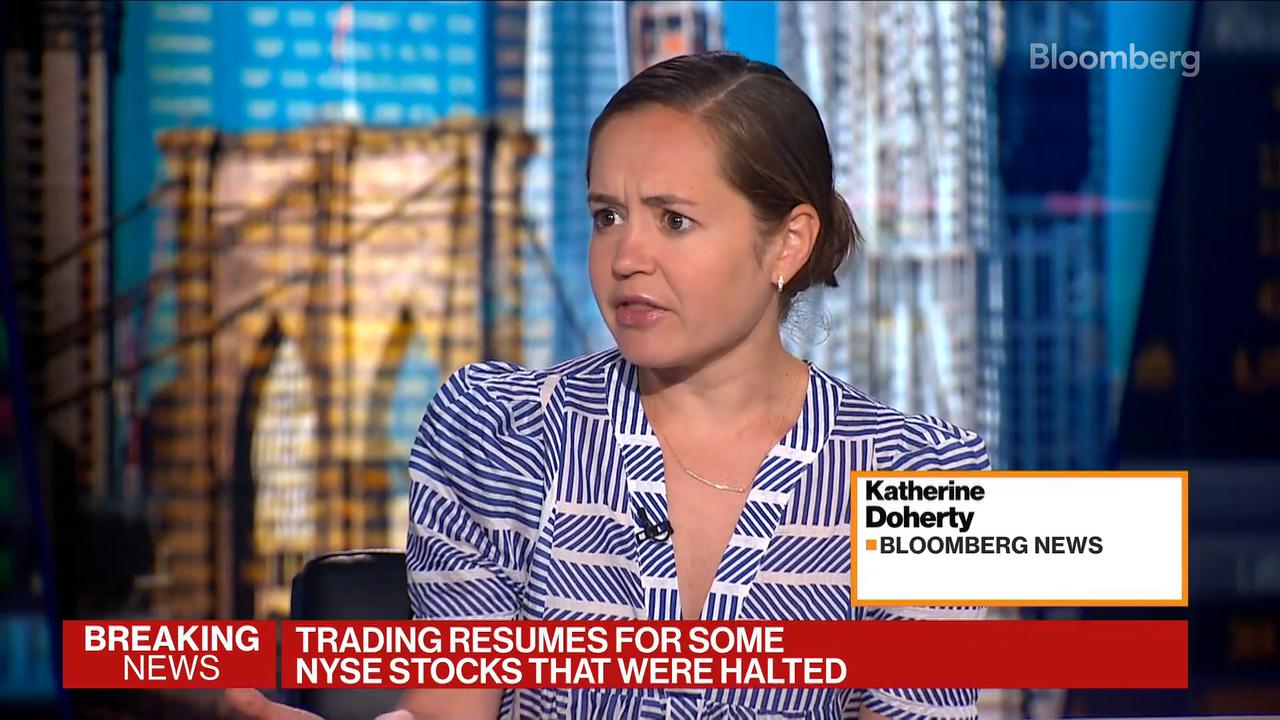Stock market ends up on in-line inflation data but dangers lurk. Indexes drop on the month

U.S. stocks closed slightly higher after the latest inflation data produced no surprises, but all three major indexes remained losers for the month.
The personal consumption expenditures prices paid index, which is the Federal Reserve’s preferred inflation measure, increased 0.3% for the month and 2.5% on an annual basis in January. So-called core PCE, which excludes volatile food and energy prices, also rose 0.3% for the month and 2.6% year over year. The numbers all came in as expected with Dow Jones consensus estimates.
This was a huge relief after January's hotter-than-expected consumer price index. January's CPI hit a seven-month high, fanning worries that prices were reversing course before reaching the Federal Reserve's 2% goal.
The broad S&P 500 index closed up 1.59%, or 92.93 points, to 5,954.50; the blue-chip Dow gained 1.39%, or 601.41 points, to 43,840.91; and the tech-heavy Nasdaq added 1.63%, or 302.86 points, to 18,847.28. The benchmark 10-year Treasury yield slipped to 4.21%.
Still, all three major stock indexes recorded losses on a monthly basis as investors worry President Donald Trump's tariff plans will spark trade wars that will hurt the economy and reignite inflation. China vowed retaliation after Trump slapped another 10% tariff on Chinese goods, effective March 4. On that same day next week, he said the U.S. would impose a 25% tax on European Union products.
They also worry about heightened geo-political risks. A Russia-Ukraine peace deal may be off the table after Trump and Ukraine President Volodymyr Zelensky publicly clashed at the White House. The pair was supposed to discuss a minerals deal that investors hoped would lead to ending the Ukraine-Russia war. Instead, the two argued, with Trump saying at one point “You either make a deal or we’re out. You’re gambling with World War III.”
Month to date, the Nasdaq has shed around 4% in February due largely due to a 3.5% drop this week. The index finished with the worst performing month since April 2024. The S&P 500 fell 1.45% for the month and the Dow lost 1.6%.
Corporate news
- Autodesk said it'll cut 9% of its workforce and make facility reductions. Its stock fell 2.87%.
- Monster Beverage reported a pick up in overall and international sales, which boosted the energy drink maker's shares more than 5%.
- HP said it plans to layoff 1,000 to 2,000 employees as the computer maker reported weak fourth-quarter results and warned the first three months of the year would also be weak. It said prospective tariffs would be a drag on its quarterly results. HP stock dropped almost 7%.
- Google’s “People Operations,” its human relations division, is offering buyouts to U.S.-based employees while the company laid off some members of its cloud staff this week. Shares edged up 1%.
- Elastic reported better-than-expected results during its fiscal third quarter. Shares of the data analytics company rallied almost 15%.
- Redfin said its loss per share in the last three months of the year was wider than analysts' forecasts. The real estate technology stock tumbled 12.7%.
- Rocket Lab shares added 3.3% even after the company issued a bleak outlook.
- Dell stock lost 4.7% after the PC maker forecast a decline in its adjusted gross margin rate for fiscal year 2026, hit by higher building costs for artificial intelligence servers.
- Tesla shares saw their second worst monthly performance, even after a 4% gain on Friday. The stock’s worst ever month was December 2022, when it declined 37%. In February, shares lost about 27% and the company's valuation remains below $1 trillion. Earlier reports said the EV maker saw a 45% decline in Europe compared with gains by its rivals.
Cryptocurrency
Bitcoin continues to shrug off good news to trade lower.
The Securities and Exchange Commission issued guidance Thursday evening saying it does not deem most meme coins securities under U.S. federal law. Instead, it likened the meme coins to collectibles.
The guidance paves the way for exchange operators to list more meme coins without the risk of regulatory enforcement, experts said. Trump has his own meme coin.
CME Group, the biggest U.S. futures exchange, said Friday it plans to list futures contracts on blockchain platform solana. Up until now, CME has only offered futures on bitcoin and ether, the two largest cryptocurrencies. It had refrained from listing futures on other digital currencies out of concern that regulators might consider them securities, subjecting them to more complex regulatory oversight. CME shares gained 1.57%.
Separately, the SEC dropped a lawsuit against Coinbase that sought to regulate the company as a stock exchange.
These are all in line with views the Trump administration would be light handed in regulating the crypto market.
Yet, the crypto sector can't shake off its downward trend. Bitcoin dropped to a three-month low, reversing gains made just after Trump's presidential win. The digital currency was last down 0.55% at $84,277.69.
Crypto exchange Coinbase rose 3.49% and Robinhood added 2.71%.
The story was updated with new information.
Medora Lee is a money, markets, and personal finance reporter at Paste BN. You can reach her at mjlee@usatoday.com and subscribe to our free Daily Money newsletter for personal finance tips and business news every Monday through Friday.